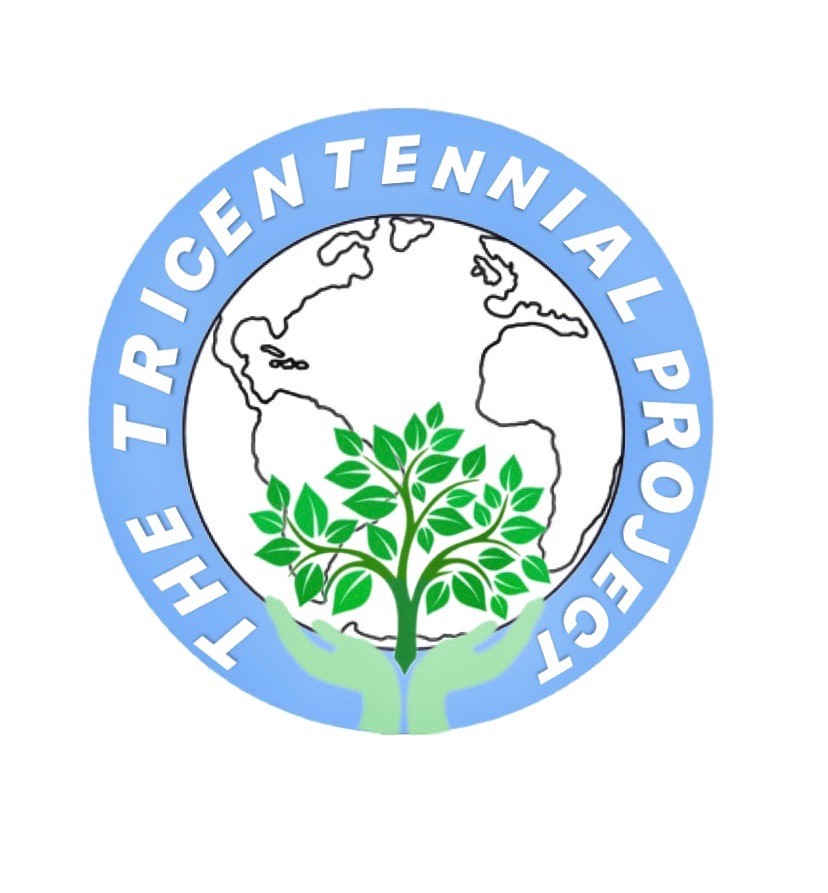What is it?
The Tricentennial Project is a new undergraduate student group that will discuss, brainstorm, and collaborate with faculty to expand the university’s vision of climate action. The group will focus on the priorities of young people from diverse academic and life backgrounds–including, but not limited to, people with previous climate action experience. The project seeks to include voices from all corners of the university to create truly representative discussion, and to be student-run and student-sustained.
The Tricentennial Project attempts to address two unique aspects of climate change. First, the climate crisis is not only a physical phenomenon, but a reflection of the ideas, values, and social relations that produced it. Second, it magnifies existing power imbalances; for example, younger generations are the most at risk from climate change, but possess the least institutional power to address it.
The project is inspired by another RCSS project, the Sunday Dinner Series on Race and Medicine, which fostered productive, informal relationships between students and faculty, and culminated in a research conference on Marginalization in Medicine. With this in mind, the project will be a series of Zoom discussions to foster conversation, first between students to share and develop ideas, then between students and faculty, to forge personal relationships as colleagues and co-creators.
In the discussions, students will learn from faculty members, and vice versa, as students share their own reflections that the university may or may not currently address in their climate activities, whether in plans for the new Climate School, ongoing research at the Earth Institute, within the undergraduate curriculum, or other areas. Initial meetings between undergraduate members will focus on defining areas of students’ interest and connecting this with current climate activity at the university. As a product of these discussions, meetings with faculty will likely reflect a larger theme in which students and faculty can explore specific questions.
Why Tricentennial?
The United Nations calls climate change the “greatest threat to world security.” In the coming decades, it promises, for example, hotter temperatures, rising seas, more catastrophic storms and fires, growing food insecurity, large-scale water shortages, and potential economic collapse or war over dwindling resources. It also exacerbates existing societal equalities along lines of class, gender, and race. The severity of its effects in part depend on large-scale actions taken in the next decade, but regardless, as young people prepare themselves for their futures at universities, these very futures are increasingly uncertain. This is where the project gets its name–as Columbia approaches its tricentennial in 2054, what can we do to ensure that there is one?
The recent COVID-19 pandemic, while a crisis, is an instructive example in how global crises magnify existing inequalities. In demonstrating that rapid, large-scale societal shifts are possible, it also offers an opportunity, as we seek to return to normal, to reenvision what “normal” looks like. Rather than pretending to know the answers, or to wait to hear them from someone else, the Tricentennial Project aims to empower young people to share their thoughts, fears, and priorities amidst uncertainty. By convening over the summer via Zoom, the Tricentennial Project will help students and faculty find community in “unprecedented” times, and help answer the following question: Our universities seek to prepare us for the future. What kind of future do we want to be ready for?
If you are interested in joining this project, please fill out the interest form here.
